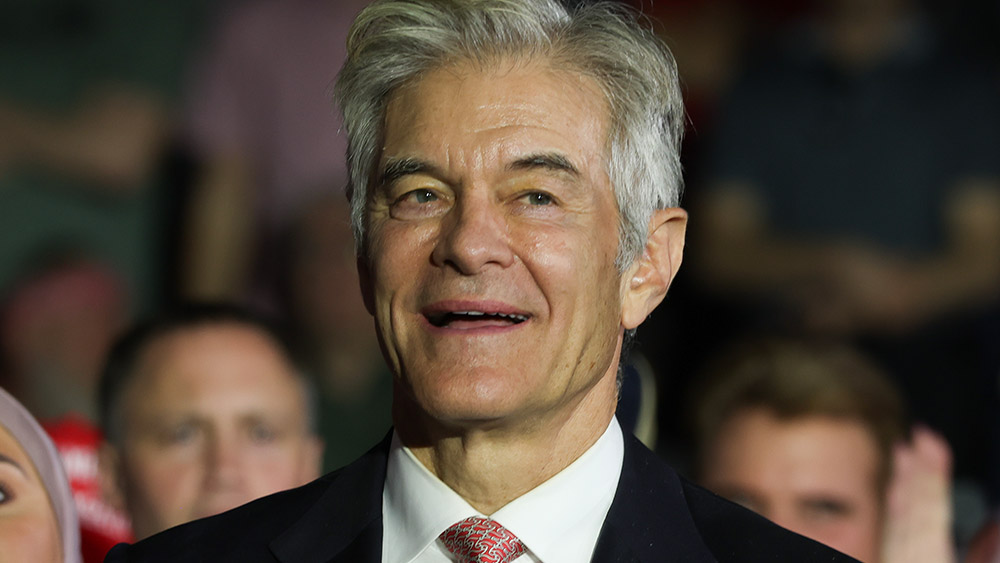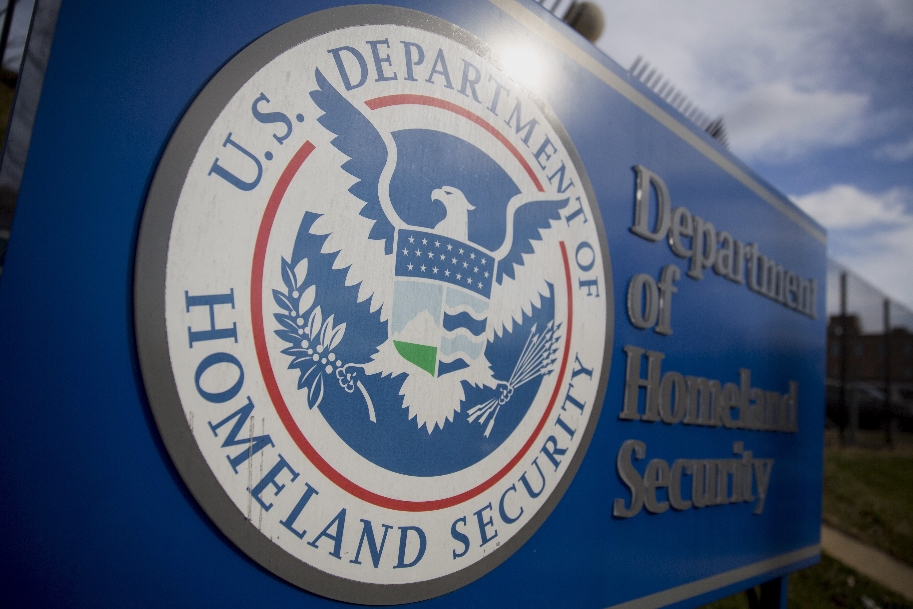 Parler
Parler Gab
Gab
- President Donald Trump signed an order enforcing existing federal rules requiring commercial truck drivers to prove English proficiency, leading to an exodus of foreign-born drivers, many with green cards, from the industry.
- The Department of Transportation (DOT) will now implement standardized language tests, revoking commercial licenses for drivers who fail to demonstrate adequate English skills for understanding traffic signs and safety regulations.
- Spanish-speaking truckers, particularly Cuban-Americans in Florida, criticized the policy, with some selling their rigs in protest. Drivers like Hermes Duran and Miguel Campos argue the rule unfairly targets them and may not improve safety.
- The Owner-Operator Independent Drivers Association (OOIDA) praised the decision, stating that English proficiency is critical for road safety, emergency communication and compliance with law enforcement.
- Reports indicate that lax vetting and loopholes (such as non-domicile CDLs) have allowed unqualified foreign drivers, including asylum seekers, to operate trucks, contributing to rising accidents. The Trump administration is reversing these policies to prioritize safety and stricter standards.
American highways have become increasingly dangerous due to a surge of unqualified, poorly vetted foreign drivers
The Owner-Operator Independent Drivers Association (OOIDA) hailed the decision. "OOIDA and the 150,000 truckers we proudly represent strongly support President Trump's decision to resume enforcement of English proficiency requirements for commercial drivers," OOIDA President Todd Spencer said following the executive order. "Basic English skills are essential for reading critical road signs, understanding emergency instructions and interacting with law enforcement. Road signs save lives – but only when they're understood. That's why OOIDA petitioned the Commercial Vehicle Safety Alliance earlier this year to reinstate English proficiency as an out-of-service violation. Today's announcement is a welcome step toward restoring a common-sense safety standard." Spencer's statement aligns with a recent report that American highways have become increasingly dangerous in the past few years due to a surge of unqualified, poorly vetted foreign drivers. Shannon Everett, a veteran trucking advocate and leader of American Truckers United (ATU), exposed how foreign nationals, including asylum seekers and migrants, are exploiting loopholes to obtain commercial driver's licenses (CDLs) without proper qualifications or legal residency. (Related: Poorly vetted foreign drivers flooding U.S. highways, causing deadly crashes.) Everett revealed that a little-known category of licensing, non-domicile commercial learner's permits (CLPs) and CDLs, has allowed foreign drivers from outside North America to operate heavy trucks on U.S. roads, often without permanent residency or sufficient English proficiency. The policy change, pushed by the American Trucking Associations (ATA), permits foreign nationals, including those admitted through Biden-era parole programs, to obtain CDLs without undergoing the same stringent checks as American drivers. The consequences of this policy change are already evident: a surge in reckless driving, accidents and fraud linked to unqualified foreign operators. Now, the Trump administration is reversing this. Migrants.news has more articles about foreign workers being used to fill in labor shortages in the trucking industry. Watch Brannon Howse discussing a trucker's call for protests against New York in this clip from the "Worldview Report." This video is from the WorldViewTube channel on Brighteon.com.More related stories:
Recruiting senior drivers could alleviate truck driver shortage, port backlogs.
Trucking industry is short 80,000 truck drivers amid supply chain crisis.Shortage of truck drivers in the US forces companies to look overseas.
Sources include: YourNews.com En.Cibercuba.com InfoWars.com Brighteon.comAurora Innovation launches first commercial driverless trucking service on U.S. highways
By Laura Harris // Share
Reporter faces backlash for warning illegal immigrants of ICE raids
By Laura Harris // Share
Governments continue to obscure COVID-19 vaccine data amid rising concerns over excess deaths
By patricklewis // Share
Tech giant Microsoft backs EXTINCTION with its support of carbon capture programs
By ramontomeydw // Share
Germany to resume arms exports to Israel despite repeated ceasefire violations
By isabelle // Share










